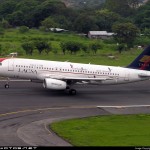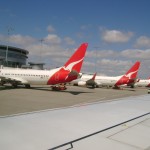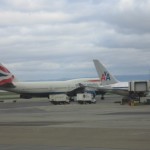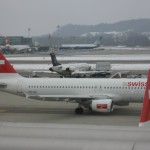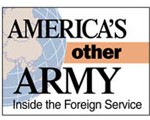Diplomats Are Made, Not Born
 Diplomacy and politics may go hand in hand, but their partnership isn’t one of equals. It is logical — especially in a democracy — for a country’s diplomacy to serve its political leaders. Sometimes, however, smart leaders allow diplomacy to influence politics.
Diplomacy and politics may go hand in hand, but their partnership isn’t one of equals. It is logical — especially in a democracy — for a country’s diplomacy to serve its political leaders. Sometimes, however, smart leaders allow diplomacy to influence politics.
For that influence to be truly worthwhile, governments around the world must solve an acute problem: Global diplomacy today is not very effective, in part because it is misunderstood and starved of resources. The best diplomacy carries out foreign policy professionally, yet most countries let amateurs practice it.
I’m talking about appointees who receive diplomatic posts thanks only to political connections. To resolve at least some of the many conflicts, disputes and other problems around the world, governments must start building or strengthening professional diplomatic services, providing them with proper training and career development, and giving them all the tools, resources and authority necessary to get the job done.




